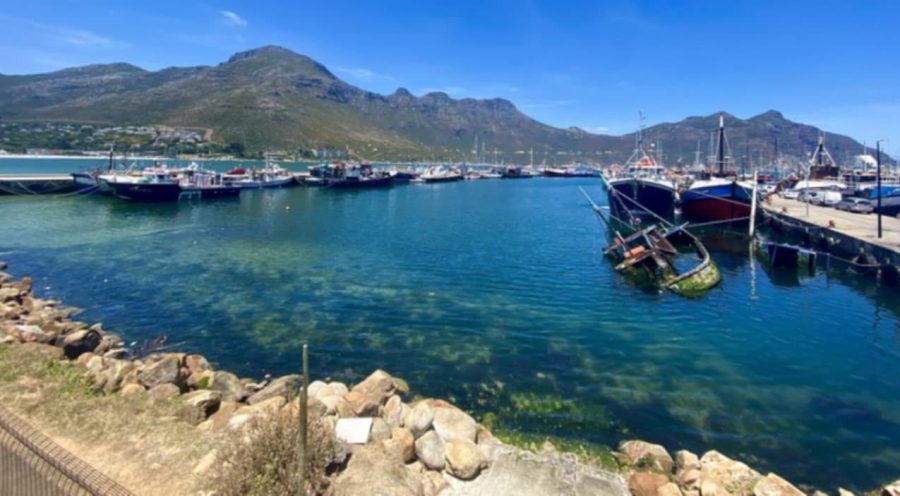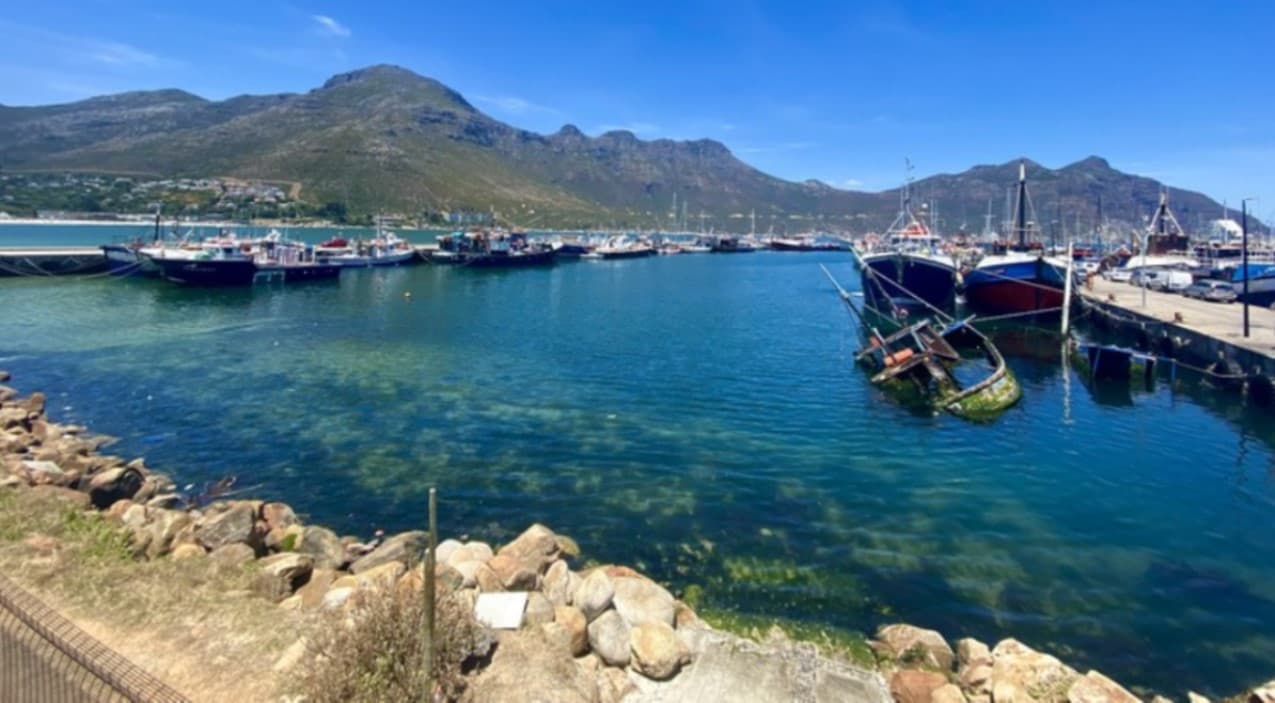
Hout Bay harbour to get an upgrade
The Hout Bay harbour is set to get an upgrade and a “state of the art” fish processing and packaging facility, and long-awaited, 15-year fishing rights will be allocated in the Western Cape by October “at the latest” in time for the West Coast lobster season. This was announced at an intergovernmental community meeting in Hout Bay last […]

The Hout Bay harbour is set to get an upgrade and a “state of the art” fish processing and packaging facility, and long-awaited, 15-year fishing rights will be allocated in the Western Cape by October “at the latest” in time for the West Coast lobster season. This was announced at an intergovernmental community meeting in Hout Bay last week, attended by public works minister Sihle Zikalala, officials from the Department of Forestry, Fisheries and the Environment (DFFE), City of Cape Town officials, and community members.
- An intergovernmental team has announced upgrades and repairs to Hout Bay harbour.
- 15-year fishing rights are to be announced by October, the fisheries department has promised.
- Support programmes for small-scale fisheries will also to be announced.
Zikalala, who has previously announced that R500-million would be set aside for repair and maintenance of 13 harbours in the Western Cape, said the new processing and packaging facility in Hout Bay would provide jobs and create opportunities for fishers to market their catch.
He said upgrades to the harbour, which has been marked by crime and vandalism, would include refurbishment of the slipways, removal of sunken vessels, new security measures, an upgrade and extension of the fish cleaning shed, as well as electrical infrastructure upgrades.
DFFE deputy director of small-scale fisheries management Abongile Ngqongwa said small-scale fishers who had ten years or more experience in fishing-related industries would be able to form cooperatives.
The cooperatives would be for people whose livelihood depended on fishing-related activities, and “reside in communities that are declared as fishing communities”.
Ngqongwa said it was “striking” that 70% of small-scale fishers have no economic activity outside of fishing.
“We need to facilitate support programmes for the small-scale fisheries sector,” he said.
Allocating fishing rights needed to take into account that marine resources were declining he said. “To manage our resources we need to make sure that they are sustainable.”
However, Professor Moenieba Isaacs at the University of the Western Cape’s Institute for Poverty, Land and Agrarian Studies (PLAAS), said government made a decision to support big fishing companies because they provided jobs. “Over the years … these big companies have not increased the jobs, they have downscaled. A lot of the people who were left over have been absorbed into small-scale fishers”.
Isaacs said that when it came to the sustainability of fishing stocks, the government has been “extremely precautionary” in allocating fishing rights, but they’ve always favoured the big companies. “It’s the companies with the big trawlers that are taking the stock, not necessarily small-scale fishers.”
She said a fish production and packaging facility at the harbour would be a step in the right direction if small-scale fishers were the ones running it and selling to the market. “I think that is a positive initiative. Hout Bay is a traditional market where you find a lot of tourists.”
Boat owner and former acting director general of the Department of Defence and Military Veterans Max Ozinsky said it was easy to overlook the problems created by the Department of Public Works in the harbour, such as leaving a former fishmeal factory untenanted and unprotected since 2021.
This had resulted in the building being stripped by looters.
“If you start in Pretoria thinking that these are criminals then you engage in a particular way. At one stage three years ago, the two departments dropped pamphlets complaining about criminality, but not once did they call a meeting to engage with the community about why that was happening.”
He proposed a workshop for government officials to work with the community in order to build trust. “We need the documents and the policies … We need reasonable timeframes that allow for community participation. That doesn’t mean officials giving seven days for people to respond to a business plan.”
Gregg Louw, the chair of the Hout Bay Aquafarmers Cooperative, said the biggest problem the community had was that there was no relationship with government.
Louw said while facilities and infrastructure such as the former fishmeal factory was leased to corporations, local fishers could be given access.
“Stop looking at us as only good enough for employment; we can also employ people. The issue of opportunities is very important,” said Louw.
Zikalala said the department was aware Hout Bay Harbour was surrounded by historically disadvantaged communities. “We are committed to ensuring that they benefit from the economy of the harbours,” he said.
He also said a security assessment was conducted by the South African Police Services for Hout Bay Harbour, and the department had implemented its recommendations. CCTV cameras, boom gate upgrades, perimeter walls and fencing, and security lighting would all form part of the harbour upgrades.
Mayco Member for Urban Mobility and Hout Bay ward councillor Rob Quintas said he was delighted with the commitment being shown by the Department of Public Works to see Hout Bay harbour realise its “considerable social and economic potential”.
In a letter to Zikalala in May, Quintas said the City wanted to work with national government in order to unlock the potential in Hout Bay.
“The harbour is deeply intrinsic to the social, economic and cultural well-being of communities within which it is embedded, and as such would benefit from a public-private type of investment that retains the authenticity of the harbour while also unlocking its catalytic potential,” he said.
He said the City supported the vision of the Hout Bay Spatial and Socio-Economic Development Framework of “a diversified multi-use fishing and tourism harbour accommodating the full range of fishing activity from industrial fishing and processing to small scale fishing activity supported and enhanced by real estate expansion and the intensification of commercial, tourism and recreational activity”.
Published originally on GroundUp | By Matthew Hirsch
